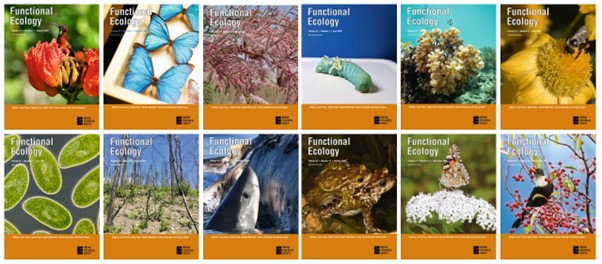
Yunxian Xu: Mycorrhizal fungi alter root exudation to cultivate a beneficial microbiome for plant growth
In this blog post, Yunxian Xu discusses his study “Mycorrhizal fungi alter root exudation to cultivate a beneficial microbiome for plant growth“, which has been shortlisted for Functional Ecology’s 2023 Haldane Prize for Early Career Researchers. About the paper: Arbuscular mycorrhizal (AM) fungi are a class of soil microorganisms that are widespread in terrestrial ecosystems and can form a reciprocal symbiotic relationship with most terrestrial … Continue reading Yunxian Xu: Mycorrhizal fungi alter root exudation to cultivate a beneficial microbiome for plant growth








